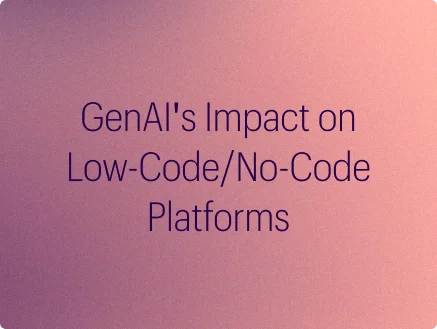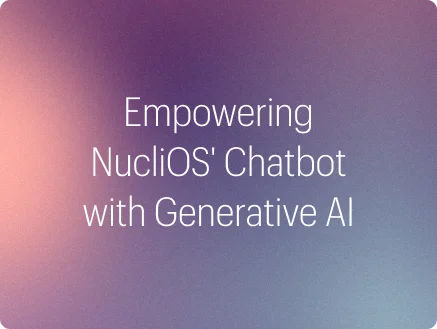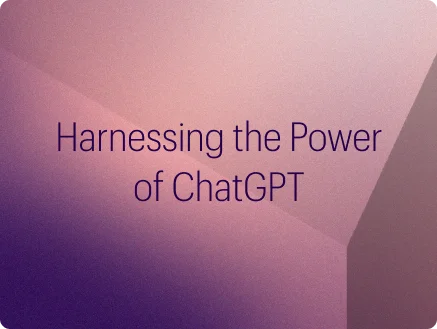Google’s unveiling of the Willow Quantum Chip marks a pivotal moment in computational technology. As the most advanced quantum chip to date, Willow sets a new industry standard with its unprecedented qubit stability, low error rates, and unparalleled quantum volume. It is engineered to tackle complex computational problems at a scale and speed beyond classical systems’ capabilities. Unlike traditional chips reliant on binary computation, Willow leverages quantum superposition and entanglement to perform parallel computations. Benchmarks reveal it delivers processing speed exponentially faster than leading classical supercomputers while maintaining improved error resilience, making quantum technology viable for commercial use.
Willow’s exceptional performance stems from its ability to process computations involving billions of variables in seconds, outperforming all competitors. Its scalable qubit architecture ensures future iterations can expand computational power seamlessly without significant redesigns. Furthermore, innovation in error correction and coherence times addresses long-standing stability challenges, delivering reliable results across diverse applications. These breakthroughs position Willow as a trailblazer in quantum technology, capable of driving advancements in industries such as pharmaceuticals, climate modeling, and beyond. However, its most transformative impact lies in reshaping Generative AI (GenAI) and data-driven enterprises.
How Will Willow Impact GenAI and Businesses
Generative AI systems like Gemini and GPT-4 have already revolutionized industries through their capabilities in content creation and workflow automation. Yet, their evolution is constrained by the immense computational demands of training and optimization. Willow Quantum Chip offers a breakthrough, dramatically reducing training times from weeks to hours, accelerating innovation cycles, and enabling faster deployment of advanced AI models. Its ability to solve complex optimization problems leads to better hyperparameter tuning and improved model architectures, enhancing accuracy and efficiency. Moreover, Willow’s capacity to handle massive workloads with minimal latency enables real-time AI applications, paving the way for hyper-personalized solutions in healthcare, financial trading, and customer experience management.
Beyond Generative AI, Willow opens groundbreaking possibilities for data and analytics (D&A) enterprises. Its quantum capabilities facilitate near-instantaneous ingestion and analysis of massive datasets, significantly lowering costs and enhancing the extraction of actionable insights. Quantum algorithms uncover hidden patterns and relationships in data, enabling faster and more precise predictive analytics for industries like retail, energy, and logistics. Willow also supports the development of quantum-resistant encryption, ensuring robust cybersecurity in a digital-first world. Additionally, industries such as pharmaceuticals and materials science benefit from Willow’s ability to simulate molecular interactions, accelerating drug discovery and product innovation while saving years of research and billions in costs.
The Way Forward with Willow
While Willow’s benchmarks highlight its transformative potential, quantum computing remains in its early stages, requiring businesses to adopt a balanced approach of optimism and caution. Organizations should focus on developing quantum expertise through upskilling or hiring specialists, ensuring they can effectively leverage Willow’s capabilities. Collaborating with quantum innovators like Google or participating in research initiatives can provide access to critical tools and insights. Early adoption will likely involve hybrid models that integrate classical and quantum computing, and businesses should prioritize high-impact applications, such as supply chain optimization, fraud detection, or personalized medicine, where even incremental performance gains can yield significant value.
Google’s Willow Quantum Chip represents a leap forward by addressing long-standing computational bottlenecks. It sets the stage for unprecedented advancements in Generative AI and data-driven decision-making, establishing itself as the most advanced quantum chip yet. For GenAI pioneers and D&A leaders, Willow is more than a technological breakthrough—it’s an opportunity to lead the charge into the quantum era. The future of innovation is here, and those ready to explore its potential today will shape the next chapter of technological progress.



